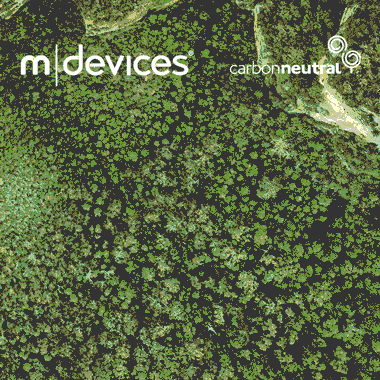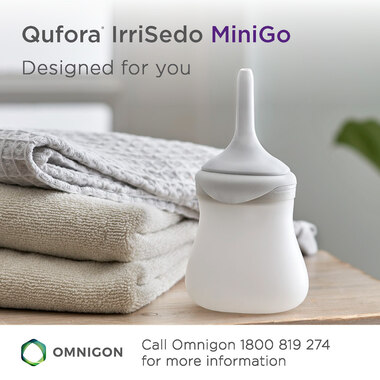World Continence Week
The focus for this year’s World Continence Week, 20–26 June, was men, who are often reluctant to talk about their health, even though over 1 million men around Australia live with incontinence. The Foundation ran a campaign aimed at educating men as many don’t even realise they have a pelvic floor and, like any muscle in the body, the pelvic floor muscles can be trained with regular, targeted exercise. The key messages of our campaign were that pelvic floor muscle exercises can help men with improving bladder and bowel control, and facilitate better recovery after prostate surgery, increased sexual function and increased social confidence and quality of life.
We also promoted BINS4Blokes, our Australia-wide awareness and advocacy campaign promoting the installation of incontinence product disposal bins in male public toilet facilities. The Foundation calls on all agencies that provide toilet facilities to join the BINS4Blokes campaign to help men in their community live and work with confidence. We received extensive media coverage, including radio, television, print and digital news websites and widespread reach on our social channels. I am pleased to reveal that the pledge counter on the BINS4Blokes website received over 600 pledges, and more were gathered while promoting this campaign at the annual Australian Local Government Association (ALGA), National General Assembly in Canberra during World Continence Week. I am also thrilled to announce that Melbourne City Council will soon be installing incontinence product disposal bins in several male public toilets across various locations in the city of Melbourne.
The Great Dunny Hunt (GDH)
The winners of the GDH for this year were drawn at the end of World Continence Week, with each receiving a $500 gift voucher. These two campaigns have been very successful in promoting awareness and helping to deliver our vision of an Australian community free of the stigma and restrictions of all aspects of incontinence across the lifespan.
Jean Hailes Women’s Health Week
I am delighted to announce the Foundation’s community partnership with Jean Hailes in support of Women’s Health Week, 5–11 September. Jean Hailes has five daily themes under the banner “It’s all about you”, providing an opportunity for women to prioritise their health with themes such as “menopause matters”, “pelvic power” and “mind health.” The Foundation’s focus will be pelvic health across the lifespan, including teenagers and young adult women, pregnancy, and post-partum as well as menopause.
2022 National Consumer Survey
The 2022 National Consumer Survey has been conducted and the responses analysed. This provides the Foundation with nationally representative responses of the Australian population in terms of age, gender and geography. Participants provide important information on the prevalence and impact of incontinence for those who experience it personally as well as those who care for people with incontinence. The Snapshot Report will be available on the Foundation’s Website in late September 2022.
Continence SMART Care
The momentum continues to build for Continence SMART Care, our best practice model of continence care. We recently developed a short video featuring Professor Joan Ostaszkiewicz, Director of Aged Care Research at the National Ageing Research Institute (NARI), introducing the research that underpins the model and the important role that Continence SMART Care will play in the residential aged care sector. To view the video, click here. For more information on the project go to Continence SMART Care
Education
Our Education Team is always busy keeping healthcare professionals up to date with the latest information on bladder and bowel health with online learning modules and free webinars. The most recent webinar was on incontinence associated dermatitis (IAD), presented by Dr Michelle Barakat-Johnson. You can view all our webinars at continence.org.au/health-professionals/webinar-library
The Education Team developed a new suite of learning units which will be ready to launch in October 2022. The learning consists of advanced professional development modules aimed at registered and enrolled nurses. The modules include the following topics:
• Incontinence associated dermatitis (IAD)
• Stoma care
• Catheters
• The ageing bladder and bowel
• Red flags in the older person
• Maintaining continence in older age
• Dementia and incontinence
• Comorbidities and incontinence in the older person
• Menopause and its impact on continence
• Pelvic floor prolapse
• Pregnancy and childbirth
• Anal sphincter injuries
• Pharmacology and polypharmacy
• Prostate and incontinence
• Urinary tract infections and recurrent urinary tract infections
• Undertaking a continence assessment
• Functional gut disorders
• Faecal incontinence
• Stroke and incontinence
• Male incontinence
To access the Foundation’s online learning system, go to continencelearning.com/login/index.php
Author(s)
Rowan Cockerell
CEO, Continence Foundation of Australia




